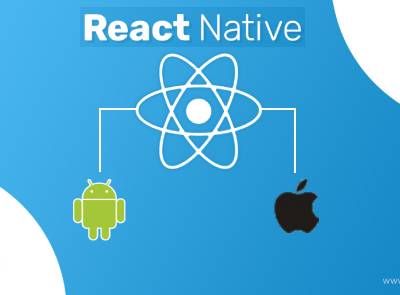Compared with other app development frameworks, React native has grown leaps and bounds since its inception.
The day when the social media icon Facebook introduced this framework as a highly competitive cross-platform app development framework, React native is making all necessary updation to maintain its dignity and decorum amongst its peers.
Though React Native is found to be highly impressive and successful being a framework still, it holds its own set of pros and cons that makes it miss the limelight of adoption for apps sometimes.
This article will be projecting both the perks and setbacks of using a React Native framework which is collected from several pro-developers, project managers who worked closely with the implementation of React Native and it also helps the businesses to take self-decision regarding its adoption.
Pros of React Native
a) Saves Time

Tested, for instance, React Native is found to develop an application 33% of time lesser than Swift, and it makes it get deployed across platforms.
Being the leading web development company in Chennai, iStudio Technologies can now create proficient applications using react native easily.

b) Single Framework Numerous Platforms
c) Hot Reloading
d) Compact Teams


e) Fast Running Application
f) Simplified UI
Drawbacks of React Native
a) Friction in Navigation

b) Non-Existence of Custom Modules
C) Native Dependency do Exist
The dependency on native app developers still does persist in creating an application based on React Native framework.
There are certain situations where the need for native app developers becomes desperate and miniature teams would certainly struggle at that moment.
Having a backup of any native app developer would heal the situation, and would help to find an immediate solution for the inexperienced team of React Native developers.
Conclusion
Similar to other application development frameworks React Native also faces its own kind of setbacks despite the success it has tasted in the exclusive arena of cross-platform mobile app development.
Native app development like Android application and iOS application are found to be the temproary alternatives for this framework and on the other hand, Google delivers a stiff competition from its end by creating and executing a similar kind of efficient framework named Flutter.



